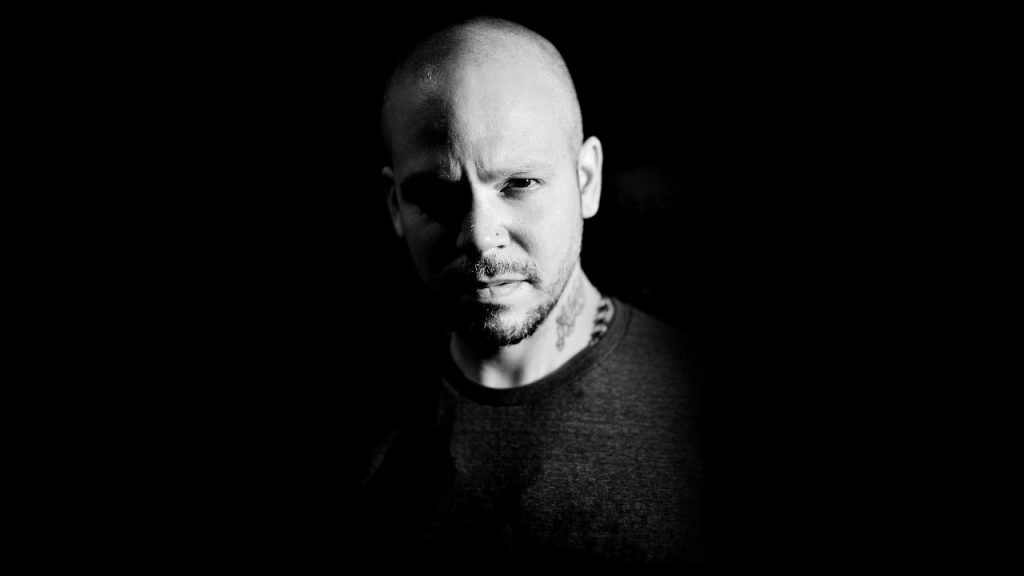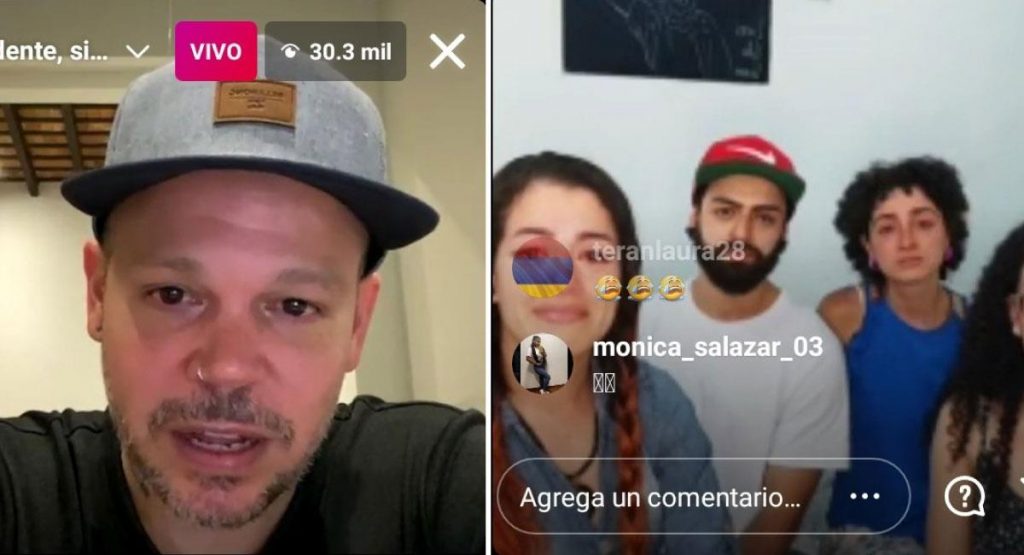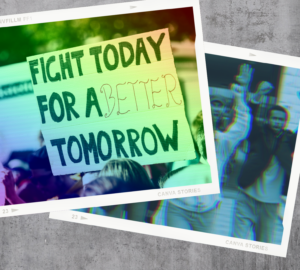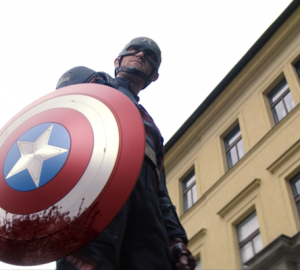SCAD alumni ‘Residente’ helps Colombian protesters fight censorship

Since April 18, Colombians have been taking to the streets in a nationwide protest against the most recent tax reform presented by president Ivan Duque. Colombia is one of the countries with the greatest inequality in the whole world, with majority of the population living in extreme poverty, especially now that the COVID-19 pandemic shattered the country’s attempts to revitalize the economy. The tax reform proposed abusive ways of raising funds for a government with a track record of stealing money and practicing corruption on a daily basis. As that has been the norm for decades, it was no surprise when the country decided that the government was more dangerous than a virus — so the protests began.
Cali, a city in the southern department of Valle Del Cauca, became the epicenter of the strongest protests for the first days of demonstrations. Although most people showcased the true Colombian spirit during peaceful protests, there were incidents of vandalism, damages in the infrastructure and looting executed by small groups taking advantage of the situation. The response by the riot police was out of hand and outright violent, as all protesters were targeted and intimidated by a police force with a long history of murders and abuse.
After the first night of protests there were already dead civilians, although the casualties went unreported by the insensitive news channels of the country who were more interested in political agendas than the protection of human lives. Since the deaths of civilians like Marcelo Agredo (shot in the head by the police in a physical altercation) and Cristian Alexis Moncayo (shot in the chest by anti-riot police), the people of Cali refused to back down and rallied more people for the demonstrations. But the two people previously mentioned were not the only casualties during the protest, which have now gone more than 12 difficult days and more than 37 people have been killed. These casualties include policemen, civilians, vandals of unknown parties and members of indigenous groups. The ongoing clashes between all groups in Cali have caused the legitimate protests to lose direction and give way to more senseless violence that affected different sectors of the city like hospitals (where hundreds of patients lack access to their medicine/treatment), supermarkets, gas station, and workplaces. The lack of resources caused by roadblocks and vandalism is just as alarming as the social violence in the streets.
Since Colombian officials ignored the murders and focused their efforts in denouncing the minority of vandals damaging the cities, there was nobody to expose the truth of what happened in the streets until Puerto Rican artist Residente did something about it.
SCAD alumni René Perez Joglar is perhaps one of the most remarkable artists to ever graduate from the university. As lead singer of the group Calle 13 he won a total of 27 Grammy Awards, and as solo singer Residente he’s won five Grammy Awards so far, plus the love of most of Latin America. Residente is known for always speaking his mind regarding politics, socio-cultural issues, and serves as a defender of the people. His powerful rhymes, thoughtful lyrics, and entrancing rapping skills make him one of the most versatile artists today. But his most notable trait is the determination to utilize his platform and fame to help social issues and denounce violent governments such as Colombia’s.
Residente has done more for Colombia in the past week than its main politicians and local artists put together. It is a shame that SCAD has not taken his efforts into consideration when highlighting the accomplishments of distinguished alumni. His fight for Colombia, his firm ideals and his exemplar leadership as an artist deserve the sort of exposure that SCAD grants every successful graduate student. One of his most icnonic lyrics is “Cuando la tiranía es ley, la revolución es orden,” which means “when tyranny is the law, revolution is order.”
So what has Residente done for the people protesting in Colombia? With 6.4 million followers on Instagram, he has a massive audience from all over the world so anything he posts will receive millions of views. Just by talking about what’s happening in Colombia and showing the explicit videos of police killings and abuse, he is helping the legitimate protesters by exposing their struggle in front of the international community. On May 8, Residente hosted a live video with the family of a protester named Lucas Villa, who was shot multiple times in Pereira and was left in a critical condition. Sadly, Lucas passed away on May 10. Residente posted videos showing the kind of man Lucas was: bright, a good dancer, a student and a peaceful Colombian dreaming of peace. He’s amplifying the voices of thousands of Colombians who were used to being silenced. The more people know about the delicate situation, the greater the pressure on the negligent government.
Musical hits like “Latinoamérica” and “La Bala,” although released over a decade ago, still resonate with Colombian protesters today. A lyric from “Calle 13” — “Hay poca comida, pero hay muchas balas” — shows the reality of Colombia, where the government has enough money to invest in a type of anti-riot grenade launcher that was labeled by the Human Rights Watch as dangerous, while majority of the country has limited access to food and drinkable water. Colombia’s police have been heavily militarized thanks to the far-right political parties that have dominated the congress over the past years.
When celebrities get involved in international social issues with the purpose of aiding civilians and informing their global audience of what the media doesn’t show, it actually makes a difference. At least it’s better than staying silent. Entire neighborhoods in Cali experienced complete internet malfunctions that lasted for hours, affecting everyone, and Instagram stories posted by some Colombian users kept being deleted and appeared as unavailable. Public figures have the power to fight government censorship and that’s exactly what Residente aimed to do.
Now more than ever, the world needs to know that Colombia is being ravaged by ceaseless violence while the country’s leaders appear as weak and unreliable, making one mistake after another. What started as a legitimate protest is losing its strength due to violence from all parties, but people must not forget the ideas that moved the peaceful protests. Many Colombians feel powerless and heartbroken seeing all the damage done to a beautiful country. Since we have no reasons to rely on the government and the police have failed to protect the people, Colombians face great uncertainty and fear now that citizens are gathering their guns in attempts to solve problems with bullets instead of words. All these stories must be heard and used to put pressure on the Colombian government to manage the situation with intelligence and humanity so they can prevent more deaths and the frightening possibility of another civil war.
























